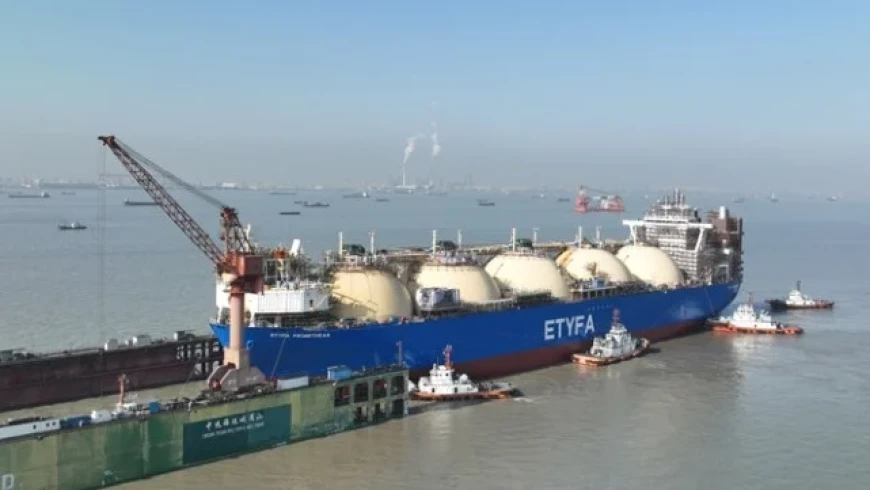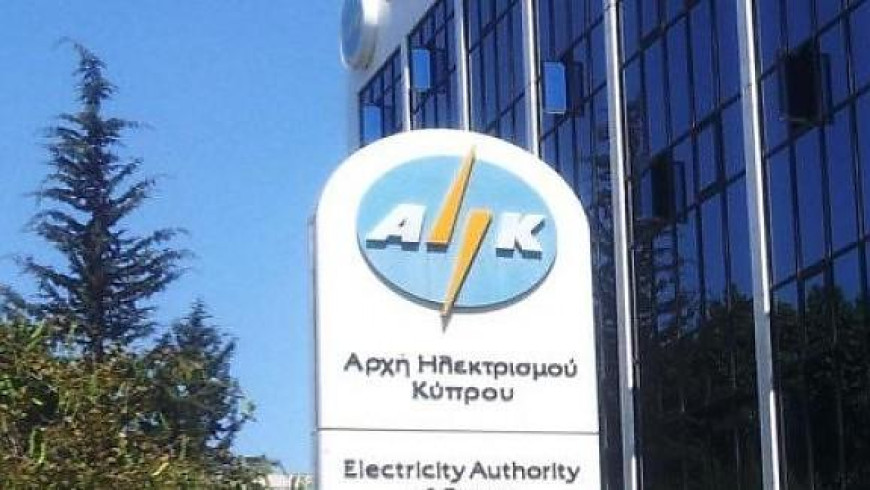Pandemic Uncertainty and Economic Recovery

Denial economics
Many economies have resorted to applying recession policies in order to recover from the economic crisis created by the covid-19 pandemic. Cyprus is no exception. But the Cyprus Government is putting all its eggs in one short term basket as they were too anxious it seems to put such thinking to work. They have put together packages that offer compensation to tour operators, hoteliers and travel agents that may go bust during the recession. They have even provided the bulk of the wages of hotel employees and are also offering free health care to any tourists that are found infected. They are in essence squandering the bulk of available funding and resources they had at their disposal prematurely in an attempt to create, against all odds, the illusion of an economic recovery where such does not really exist and conditions are not conducive for it. In doing so, they are in effect betting that the pandemic crisis and the world would be back to normal in a few months at most. This however is far from the truth. Even in the unlikely event of finding, testing, manufacturing and administering a vaccine by the middle of 2021 at the earliest, travelling for pleasure is unlikely to return to normal. If that is the case, then one wonders what is the current policy of heavily subsidising the tourism industry likely to achieve. And indeed, one may very well ask, is it helping the country reach a robust and sustainable economic recovery?
The first thing one needs to realise is that the Covid-19 pandemic is not giving rise to an ordinary financial crisis which can be fixed with an appropriate monetary and/or fiscal pack of policy tools. One can debate the appropriateness of using either or both such policies when a country is up against a normal recession emanating from the financial system or as a result of excessive debt. But for any of the policies to have a lasting impact it is necessary that demand and supply are not structurally impaired and constrained. This however is indeed the case the world is currently facing with the Covid-19 pandemic. Its duration but also the confines on both demand and supply are not man-made or due to failure of the financial markets. These are exogenous constraints that are imposed upon us by the decease itself.
Demand will therefore not return because we may load up the pockets of people with money to spend or even if we employ people in jobs in businesses whose break-even point is above the level of actual demand. Normal demand will return to pre-pandemic levels only when conditions for living a normal life also gradually come back. Similarly, supply will not be restored while the prospect of viability of capital investment is questionable and the risk/return of such ventures remains a valid concern for entrepreneurs.
Because of the pandemic, both Demand and Supply have decreased significantly. This is the direct result of the inability of people as consumers but also at the workplace to live a normal life.The real problem is the code of conduct Covid-19 imposes on the community. Although this is accentuated by the extremely high private debt in the case of Cyprus,the pandemic isand will remain the cause of the substantial fall in demand and supply.
The truth, which is rather hard for policy makers to accept, is that demand and supply are severely constrained and have retreated to such low levels because of the epidemic. Politicians however resort to what may be described as “Denial Economics”. This simply means failing or refusing to understand and appreciate the obvious by pretending that recession economics will fix everything. It may well do so eventually when the pandemic is over and normal life and business is resumed. But not before. Denial Economics is the practice of pretending that pumping money into the Economy will fix the recession that is caused and kept in place by the pandemic. Moreover, in Cyprus thisis applied hastily and prematurely under the motto of “providing a much-needed liquidity”(and even “oxygen”) to existing businesses. When this happens,the risks pile up to the point of seriously impairing the capacity for the economy to recover when the time is ripe.
Broken balance sheets and the depletion of equity
Short-sighted and premature policies end up in creating economic distortions through subsidies from the tax payer to special interest groups. It is also important to note that they also lead to broken balance sheets and a depletion of equity due to losses and further loans to already highly indebted businesses. Higher debt and lower net worth inevitably weaken the ability of these firms to participate in the reconstruction of supply to respond to a healthy growing demand. When the epidemic is finally over and the people can gradually return without fear to their normal lives and activities a major capital investment effort should take place. This is not going to happen overnight and the terrain should be expected to be a lot more competitive both within a country but also internationally. It is imperative therefore for current policies to ensure that private debt is kept in check or is reduced even and that prices of factors of production are not constrained to freely fluctuate and reflect the current demand and supply conditions at the time the epidemic is over and the reconstruction effort begins.
Pandemic chasm and recovery scenarios
Assuming that the gap created by the pandemic will be narrower than it actually is, is a grave mistake and one that leads to the second biggest blunder of putting all available resources to bridge it too soon and insufficiently where the other edge is not even visible. The prudent way to use up the limited recourses at one’s disposal is to ensure that losses are minimised and debt does not increase (and even reduced in the caseof highly indebted countries such as Cyprus).
There are two possible scenarios regarding the edge and the terrain on the other side of the pandemic chasm. One scenario, which is considered rather unlikely given a prolonged world recession, is to expect that competition will remain as it was prior to the pandemic (illustrated by a normal horizontal level bridge in the picture below).
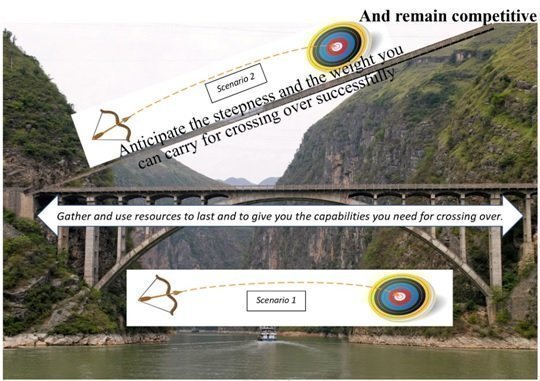
The most likely scenario however is that the way to cross over will both be longer than expected and uphill and the competition will be far more intense as the world economy is coming out of a recession (illustrated by a bridge that rises in steepness in order to reach the higher level peak on the other side).This means that competition will increase immensely as supply is put in place to meet the slowly emerging world demand. So, it is imperative not only to make sure that is possible to cross over but also that you can walk the terrain successfully once you climb up there. This will surely not be the case if Government gambles all that the gap is shorter than we can build a bridge for and when the adopted policy increases rather than reduces the already high levels of debt. Even worse, as the currently applied policy, makes the operational costs for restarting rigid at the high levels these were before the recession.
Loading businesses with more debt and forcing them to make even more losses by keeping them operational when there is not sufficient demand to justify it and with high operational costs frozen to before the crisis levels it is a recipe for economic disaster. The terrain will be a lot more competitive internationally and operational costs will be coming down because of excess unemployment worldwide.
The Government should of course cater for and provide all social support to enable the people survive. But there is no need and it is counter productive to try and keep businesses operational in the midst of the pandemic crisis on scarce and limited tax payers’ money when this is not an economically viable option. All it will achieve is to load up businesses with even more debt while the additional and unnecessary losses incurred by keeping them operational during the pandemic will further deplete any remaining equity and diminish the net worth of these businesses to the shareholders. And in the process, rendering them unable and not in a position to invest as it will be necessary to reconstruct the economy when conditions become ripe.
In conclusion, the Cyprus Government response to the Pandemic crisis is a recipe for economic disaster. Crony serving, increasing the debt, diluting investor equity and maintaining labour and other operational costs artificially high. These are bound to hinder the country’s prospect of recovery amidst increasing world competition when the pandemic is finally over and the real reconstruction of the economy begins.
Savvakis C. Savvides is an economist, specialising in economic development and project financing. He is a former senior manager at the Cyprus Development Bank and has been a regular visiting lecturer at Harvard University and at Queen’s University. Author page: http://ssrn.com/author=262460.


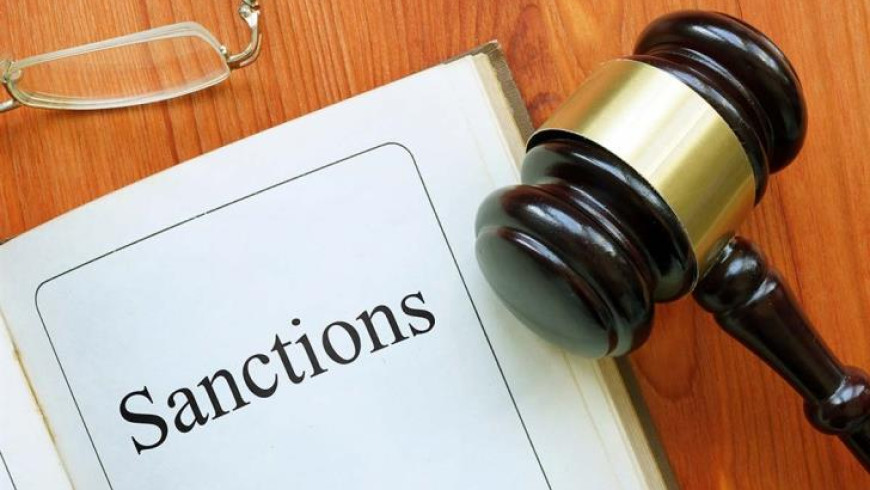



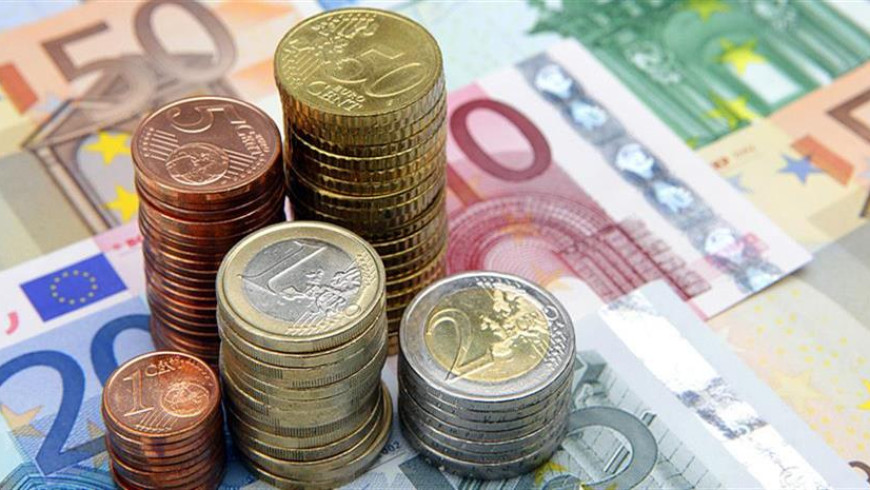
 3287.99
3287.99 1275.09
1275.09